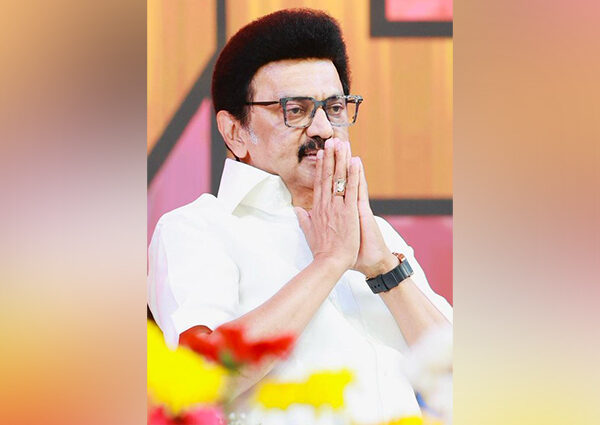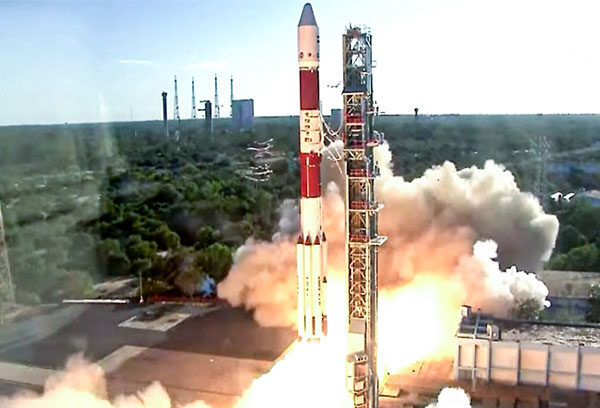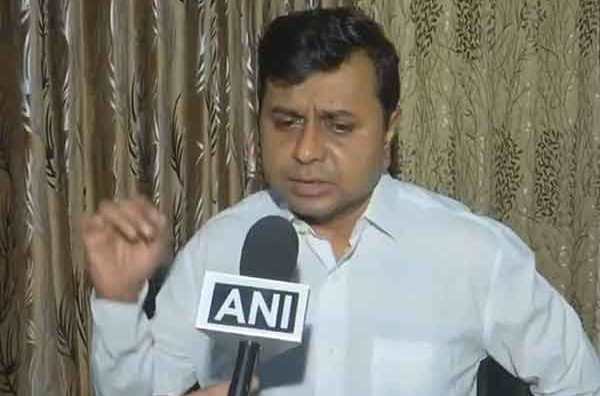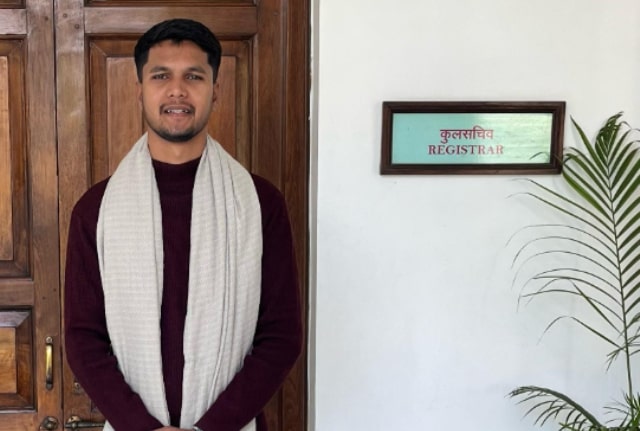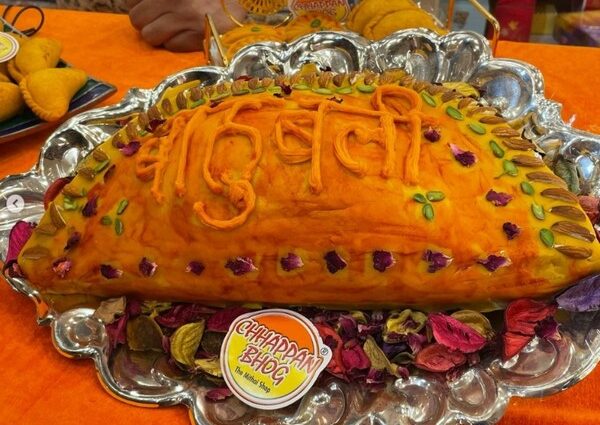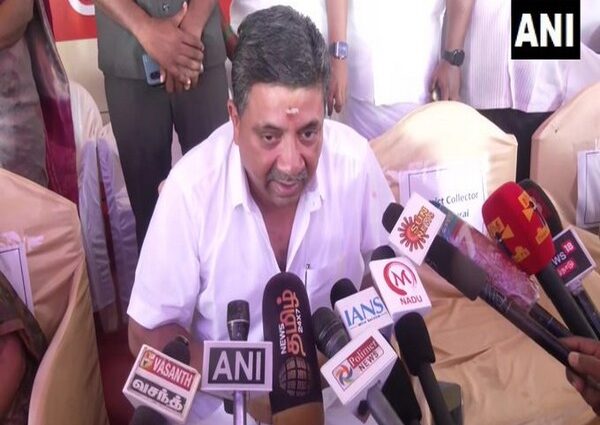Tamil Nadu’s MK Stalin government has replaced the Rupee symbol ‘₹’ for the Indian currency with the Tamil alphabet ‘Ru’ in state Budget logo amid the raging language row between the State and the Central government.
The previous budget logo for the Budget of 2024 -25 carried the Indian currency symbol ₹. The budget 2025-26 is set to be presented in the Tamil Nadu assembly on March 14.
Tamil Nadu CM on Thursday released a video which showcased the logo for the Budget of 2025-26 and in this logo the national currency symbol had been substituted with the Tamil Alphabet ‘Ru’
The State government has locked horns with the Central government over the three-language formula proposed in the National Education Policy (NEP), 2020.
BJP’s Tamil Nadu Chief, K Annamalai lashed out over the State Government’s “stupid” move, stating that a Tamilian and son of a former DMK MLA designed the Rupee symbol.
“The DMK Government’s State Budget for 2025-26 replaces the Rupee Symbol designed by a Tamilian, which was adopted by the whole of Bharat and incorporated into our Currency. Thiru Udhay Kumar, who designed the symbol, is the son of a former DMK MLA. How stupid can you become, Thiru @mkstalin?” K Annamalai said.
Earlier on Wednesday, MK Stalin launched a scathing attack on the central government, labelling the National Education Policy (NEP) as a “saffronise policy” aimed at promoting Hindi rather than developing India, alleging that the policy threatens to destroy Tamil Nadu’s education system.
“National Education Policy is not education policy, it is saffronise policy. The policy was not created to develop India but to develop Hindi. We are opposing the Policy as that would destroy the Tamil Nadu education system completely,” CM Stalin said in Tiruvallur.
Stalin accused the central government of withholding funds to coerce the state into accepting the NEP.
“We are asking for your tax share, which we paid with our efforts. What is the problem with this? Is it fair to threaten without releasing funds for the welfare of 43 lakh schools? As we didn’t accept NEP, they are refusing to release funds that belong to Tamil Nadu. We would have welcomed the scheme if it brought everyone into education. But is NEP like that? NEP has all the factors that remove people from education. This is how this policy is, and that’s why we are opposing it,” he added.
At the heart of the controversy is the NEP’s three-language formula, which Tamil Nadu fears will impose Hindi on the state. Stalin argued that the policy prioritizes Hindi over regional languages, undermining the state’s autonomy and linguistic diversity. (ANI)
